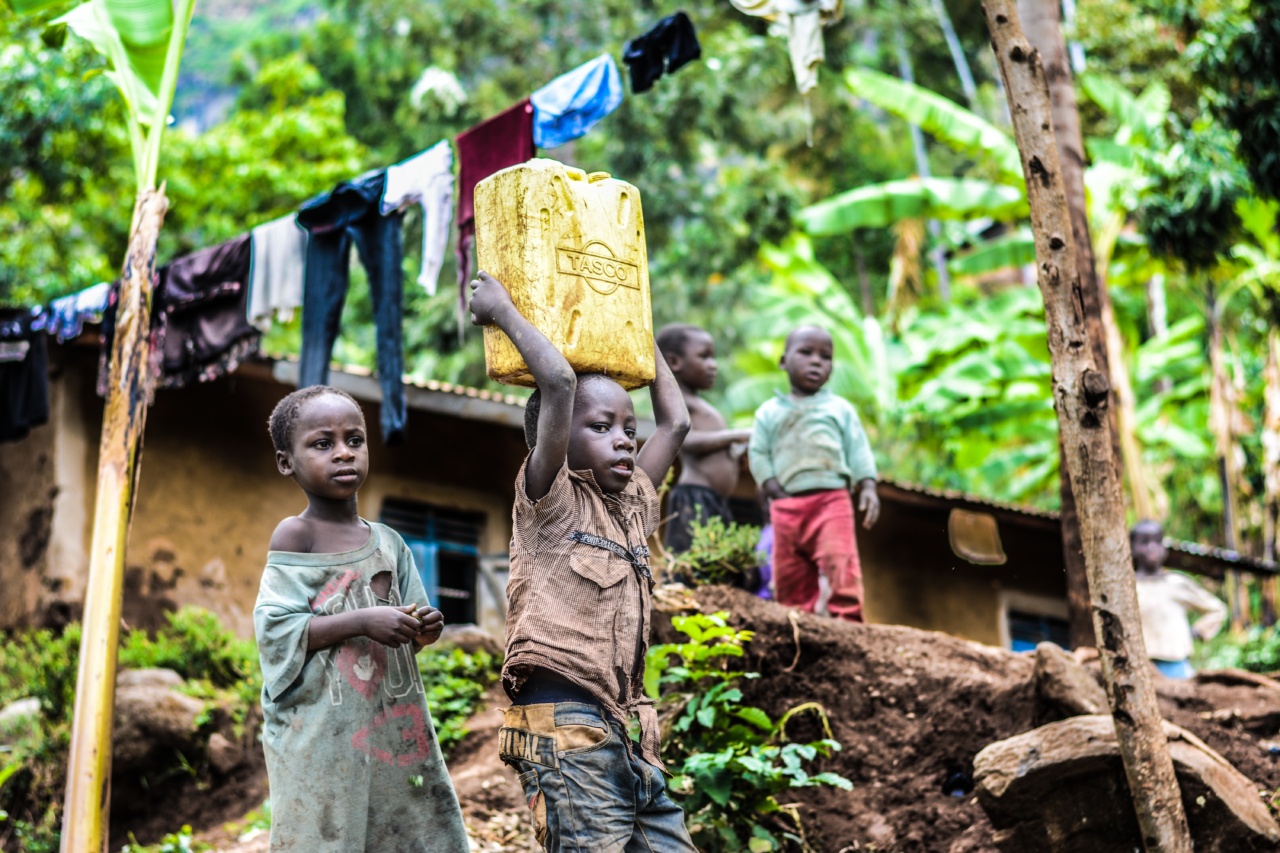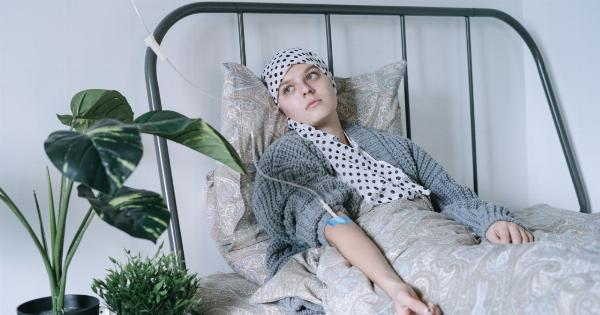Cancer treatment can have significant effects on the body’s reproductive system, leading many cancer survivors to wonder whether they can have children after chemotherapy and radiation.
While the answer is not always clear-cut, many survivors do go on to have healthy pregnancies and children after cancer treatment. However, it’s important to understand the potential risks and challenges involved.
How Chemotherapy and Radiation Affect Fertility
Chemotherapy and radiation therapy can both damage the reproductive system, affecting fertility in different ways. Chemotherapy drugs can damage the ovaries, causing a decrease in the number of viable eggs and potentially leading to premature menopause.
Radiation therapy, particularly if it is aimed at or near the pelvic area, can also damage the ovaries or testes, reducing fertility.
The effects of chemotherapy and radiation therapy on fertility can vary depending on a variety of factors, including the specific drugs used, the dosage and length of treatment, the patient’s age and overall health, and the location of the cancer. Younger women are generally more likely to experience menopause as a result of treatment, while older women may still be able to conceive but may have a higher risk of miscarriage or fetal abnormalities.
Men may experience decreased sperm count and motility as a result of treatment.
Fertility Preservation Options
For patients who want to have children after chemotherapy or radiation therapy, fertility preservation options may be available. These include:.
: Egg or Embryo Freezing
Women undergoing cancer treatment can have their eggs or embryos harvested and frozen prior to treatment. This is typically done through assisted reproductive technologies such as in vitro fertilization (IVF).
Frozen eggs or embryos can be thawed and implanted in the uterus at a later time.
: Ovarian Tissue Freezing
In some cases, a woman’s ovarian tissue can be removed before treatment and frozen for later use. This tissue can be transplanted back into the woman’s body at a later time, potentially allowing her to conceive naturally.
: Sperm Freezing
Men undergoing cancer treatment can preserve their fertility by freezing their sperm prior to treatment. Frozen sperm can be used for artificial insemination or in vitro fertilization at a later time.
It’s important to note that fertility preservation options may not be appropriate or feasible for all patients, and the discussion of these options should take place as early as possible in the treatment process.
Trying to Conceive After Cancer Treatment
If you do not undergo fertility preservation, or if you choose to try to conceive naturally or with assisted reproductive techniques after treatment, there are still some potential challenges and risks to be aware of.
Women may experience a decrease in fertility, particularly if chemotherapy or radiation therapy caused damage to the ovaries. This can make it more difficult to conceive naturally, and may increase the risk of miscarriage or birth defects.
Men may experience decreased sperm count and motility, which can make it more difficult to conceive naturally as well.
Additionally, some cancer treatments can increase the risk of infertility-related complications during pregnancy or childbirth.
Women who have undergone pelvic radiation therapy may have an increased risk of premature delivery or low birth weight babies, while men who have undergone chemotherapy may have an increased risk of birth defects in their offspring.
Working with a Fertility Specialist
If you are considering trying to conceive after cancer treatment, it’s important to work closely with a fertility specialist who can help you understand the potential risks and develop a plan to maximize your chances of success.
A fertility specialist can help you determine whether fertility preservation is appropriate for you, and can provide guidance on the best timing and methods for trying to conceive after treatment.
Your fertility specialist may also recommend additional testing or interventions to address any fertility issues that arise post-treatment.
These may include medications to stimulate ovulation, intrauterine insemination (IUI), or in vitro fertilization (IVF).
Conclusion
Cancer treatment can have significant effects on fertility, but many cancer survivors are able to have healthy pregnancies and children after chemotherapy and radiation.
If you are considering having children after cancer treatment, it’s important to work closely with a fertility specialist to understand your options and develop a plan that maximizes your chances of success.

























